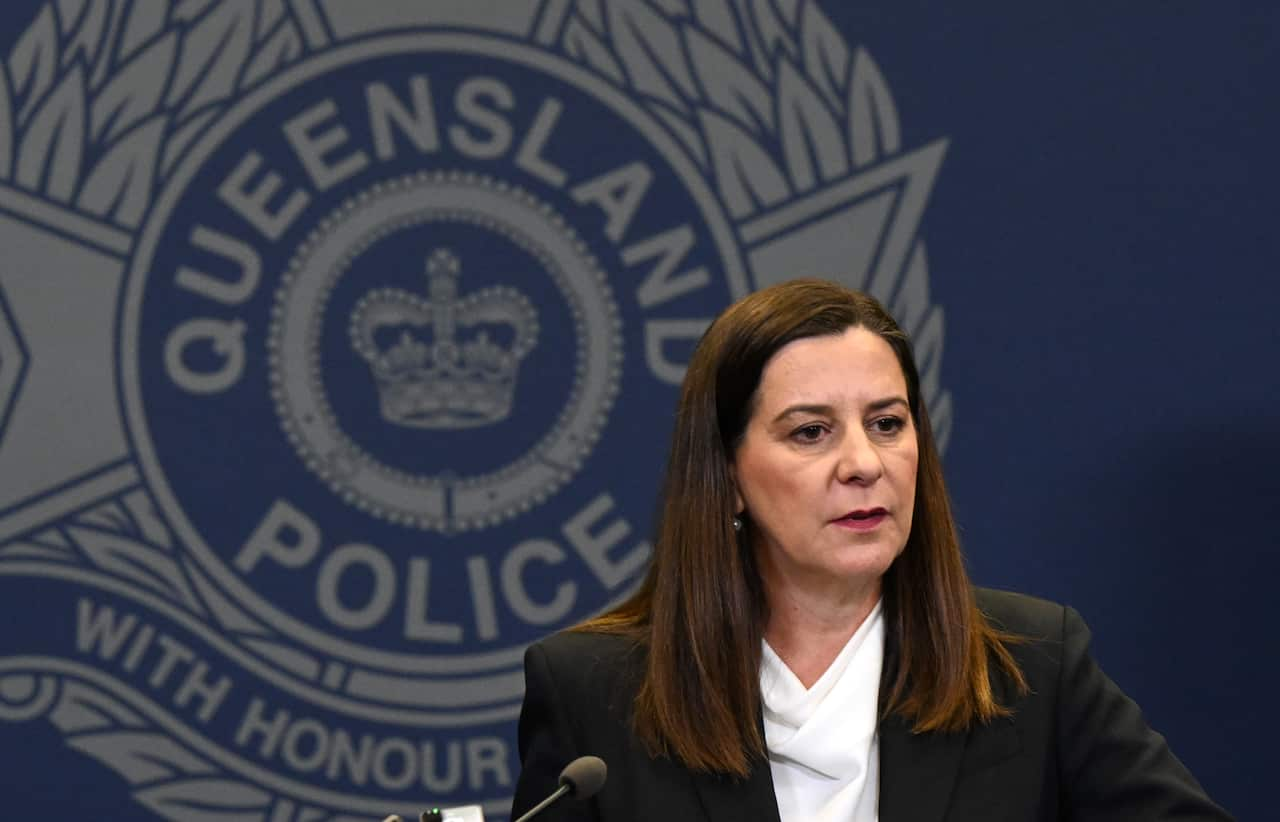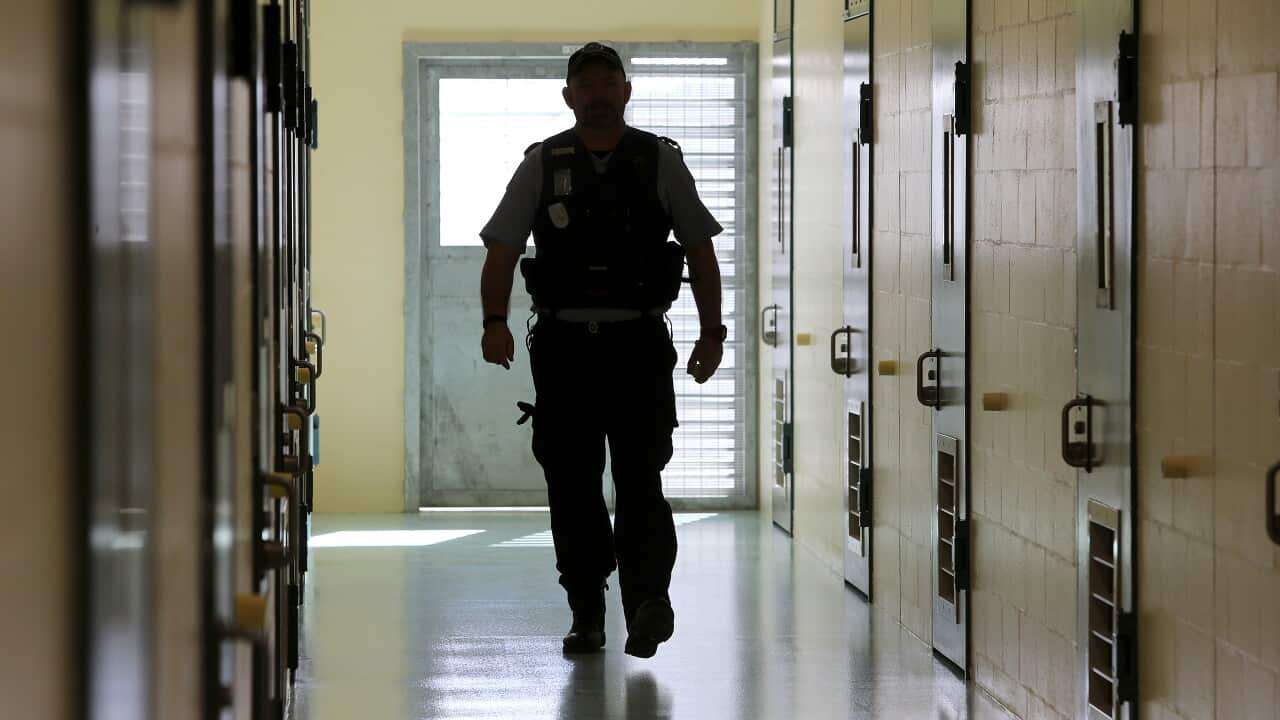State and territory governments will face federal scrutiny from a Senate inquiry that will examine enforcing national minimum standards in youth justice and detention systems.
The terms of reference will allow the inquiry to investigate if children’s rights are being infringed, and how this sits with Australia's obligations under international law, including the rights of the child, freedom from torture and civil rights.
The inquiry — proposed by Greens' Senator David Shoebridge and passed as a formal motion on Tuesday — will also examine if national minimum standards should be established, and how they could be enforced.
National minimum standards were a key recommendation by the National Children's Commissioner, Anne Hollonds, and would set the lowest level of acceptable care for children in the youth justice system.
Hollonds handed down her landmark 'Help way earlier!' report on youth justice and detention systems to the federal government in August last year.
"I’m extremely disappointed there hasn’t been a response of any kind or action to date," she told SBS News last week.
"What does it take to get action on evidence when it comes to the most vulnerable children in the country? And that is what we're talking about. These are children who have serious problems, mental health issues, developmental disabilities, learning problems, trauma," she said.
"They're victims of harm themselves and victims of crime themselves and what we've seen is that we are neglecting our responsibilities towards these children until they commit a crime and then we punish them harshly in ways that other countries are not doing."
Hollonds' report also recommended a national task force, as well as the appointment of a minister for children.
She says recent action on childcare shows change can be driven at the national level when there's political will.
'Rush to compete on cruelty'
Shoebridge, who has been a driving force in reestablishing the inquiry, welcomed the decision.
"This is a critical time for the Commonwealth government to consider what’s happening in youth justice as states and territories are ignoring our international obligation, in their rush to compete on cruelty," he said.
"We need to hear from the young people on the front line of this crisis, and follow the best evidence so that we keep children and communities safe."

He said the "continued politicisation" of youth justice was harming young First Nations people at disproportionate rates, and the inquiry would be able to consider the harm done and what evidence-based solutions were available.
"Children in detention are being denied basic human rights and the Federal Government can no longer pretend this isn't their problem," he said.
The Senate inquiry into Australia’s Youth Justice and Incarceration Systems was established in the last term, but only held one public hearing before parliament was prorogued ahead of the federal election.
It was established by a motion by Shoebridge, and chaired by Liberal senator Paul Scarr, who told SBS News in April the inquiry heard evidence that was "significant and deeply disturbing".
He said three-quarters of the children in youth detention were being held on remand as they awaited trial.
"Within that number of approximately 800 children, there's a disproportionate number of First Nation children. We're talking about 60 per cent ... I think those are very startling statistics that require further rigorous assessment," he said.
Scarr added that some of the most impactful evidence came from a panel of children’s commissioners — appointed by state, territory and federal governments — who "basically spoke with one voice" in saying "the child justice system is failing children and young people and is in a position of crisis".
Legal advice provided to the Queensland government when it introduced its 'adult time, adult crime' reforms last year found the legislation was incompatible with part of the state’s Human Rights Act.
That advice was provided by Queensland Attorney-General Deb Frecklington, but the legislation still passed.

The Northern Territory government has taken a similar approach, lowering the age of criminal responsibility from 12 to 10, reintroducing the use of spit hoods in youth detention, and enacting a raft of reforms broadly branded as being 'tough on crime'.
Hollonds says this approach only drives vulnerable children into further offending, without making communities safer, advocating instead for greater investment in the root causes of crime, including health, housing, education and programs aimed at diversion and rehabilitation.
Federal minister flags funding cuts if states don't meet Closing the Gaps targets
Minister for Indigenous Australians Malarndirri McCarthy recently raised the idea of using federal funding as leverage to punish state and territory governments that fail to meet targets under the Closing the Gap framework — including over First Nations incarceration.
"I'm trying to look at federal funding arrangements … as to how we can input into that so that there is some kind of penalty as to why you're not achieving targets," she told Senate estimates.
"There is no doubt that Queensland and the Northern Territory's targets are alarming, in particular the Northern Territory, around the high incarceration rates of First Nations people, in particular youth."
NT Labor's legal affairs spokesperson Chansey Paech says he supports the approach.
"I think her position around looking at how they could potentially bring down a penalty to a jurisdiction that is not performing is warranted," he told SBS News.
Independent NT MP Justine Davis agrees.
"Look, absolutely. And we heard the four land councils earlier this year calling for exactly the same thing," she said.
"The reality is the Northern Territory receives almost 80 per cent of our budget from the Commonwealth, and a lot of that money is tied to particular outcomes. For example, Closing the Gap outcomes, which we clearly aren’t reaching."
"I think that if the Northern Territory government can't govern properly with the money that they're given, then the commonwealth has a role to come in and help out."
Hollonds says the federal government could also use its legal powers to force higher standards.
"While it's not responsible for the justice system, it does have powers under the Constitution to act on the human rights of children."
For the latest from SBS News, download our app and subscribe to our newsletter.

